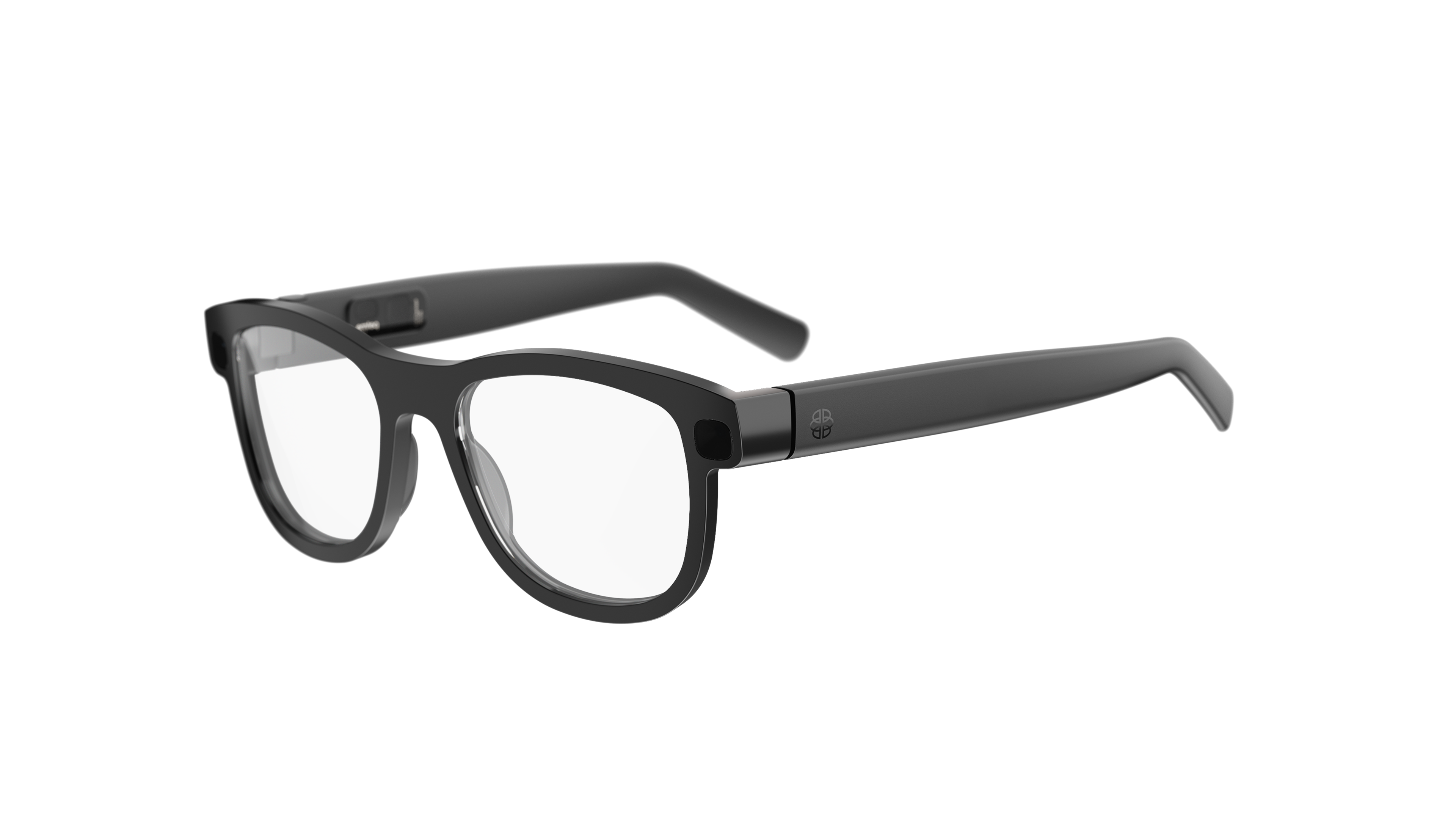The latest episode of Emotion Lab is dedicated to human emotional experiences. Dr Charles Nduka, Chief Scientist at Emteq Labs, is joined by Karen Quigley – a Professor of Psychology at Northeastern University in Boston. Karen’s work focuses on individual differences in emotional reactivity, how humans utilize information from the body in creating an emotional experience, and how emotional experiences impact behaviour, cognitions, and health. Charles and Karen explore this fascinating field of research, discussing topics from the definition of emotion to equipping individuals with an ability to modulate their internal states.
Emotions, subjective experiences and shared meaning
‘As humans, we label our subjective experiences with concepts’, explains Karen. Our brain attaches categories like “happy” to states. This subjective label influences our decision making and behaviours and is a product of internal and external contexts. Internal context includes states like hunger, tiredness, motivation and existing knowledge (based on past learning history), while external context can include our surroundings and who we are with. Individuals may differ in integrating data points about their internal bodily state with the external context to create emotional experiences. So then, anytime two different humans are interacting, we are trying to establish some degree of consensus between us. Can we then say that our experience is similar to someone else’s? That depends on the degree of shared concepts between us, explains Professor Karen. For example, we could have a shared understanding of what anger means and thus we could communicate, however, the exact experiences would still be subjective and dependent on the complex interaction of internal and external factors for each individual.
Emotions research
The field of emotions research is rapidly advancing. Karen’s research group is currently working on assessing emotions by peripheral physiology measurements (eg. heart rate) to understand the correlation between emotional states and human physiology. Individuals taking part in Karen’s research group experiment wear various sensors and are labelling their experiences whenever the device picks up a significant change of a physiological parameter. “There’s no easy way to map the emotions with physiology”, Karen admits, as there are “lots of different things that can cause the same physiological change.” For example, a change in muscle activity or heart rate could be caused by stress and / or physical activity. To overcome this challenge, researchers need to “control or minimise the sources of variance”, for example with the use of VR. “VR gives you an exquisite control of the external context but also over some internal factors.” Karen and Charles then discuss how VR could be helpful in controlling such research environments, bridging the gap between labs and real-life.
Real-world applications
According to Karen, “having theoretical models that explain human emotion can help us understand and change human behaviour.” Using findings from such research “could provide individuals with skills to modulate their internal states”, and thus improve performance and potentially reduce errors, such as force use errors. Karen talks about an example that her research group tested to reduce errors in the police force. There are however many other similar applications, especially in the context of “Volatile, Uncertain, Complex and Ambiguous” (VUCA) situations where the cognitive load is really high, such as in healthcare and the military. In the future, we could look to design interventions that help people deal with stressful situations to improve outcomes. One possible technique is the use of mobile app mindfulness apps and Karen’s team will be evaluating their impact on human physiology during a stressful situation after 3 weeks of use. Keep in touch to see their results!
Have you heard about the VUCA situations before? What are your thoughts on the subjectivity of our emotional worlds? Let us know in the comments below.
Get in touch with emteq labs:
www.emteqlabs.com | info@emteqlabs.com
Get in touch with the guest – Professor Karen Quigley

.png)
.png)





